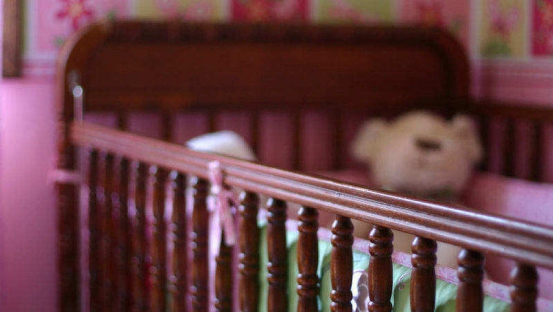×
The Standard e-Paper
Kenya’s Boldest Voice

Unlike with adults, because they're tiny and adorable your baby's snores may seem completely innocuous and, most importantly, harmless.
Certainly, if your baby is sick or has a cold, is exceptionally tired or is not a regular snorer, there are no serious health issues indicated by their snoring.